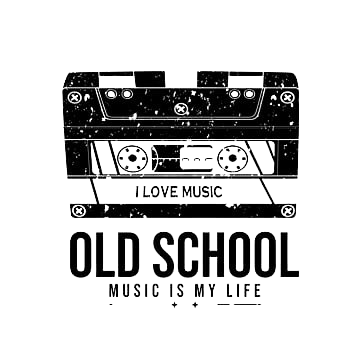While the influence of The Beatles and John Lennon extends farther than perhaps any other artist, living or dead, there were a few songs and albums that he didn’t hold in as high regard as his devoted fans. “I feel I could make every fucking one of them better,” the late Beatle once confessed. Despite his integral role in The Beatles, the iconic rock singer has never been hesitant to critique the Fab Four’s work.
Although 1970’s Let It Be has become one of the band’s most celebrated albums, the recording sessions were marked by heightened tension and an overall lethargy that contributed to the band’s parting sound. While albums like Sgt. Pepper’s Lonely Hearts Club Band and The White Album initially faced bewilderment and criticism upon their debut, they swiftly emerged as landmarks in the trajectory of popular music.
In contrast, Let It Be was engulfed in conflict, publicly denounced by certain band members upon its release, and largely eclipsed by the group’s disbandment. Although a favourite for some, Let It Be ultimately came to symbolise the sombre conclusion of The Beatles’ journey, entangled in internal strife and discontent.
To add insult to injury, Let It Be was enveloped in a cloud of negativity, met with mixed or outright negative critical reception. The inclusion of studio snippets, live material, and Phil Spector’s overdubs stirred immediate controversy, exacerbated by the band members’ subsequent disagreements. As a result, Let It Be garnered a dismal reputation, particularly when juxtaposed with the group’s other acclaimed albums.
According to producer George Martin, however, Lennon’s overall fatigue that marked the end of The Beatles’ journey came through during the recording of the previous album, Abbey Road, as a result of the lack of enthusiasm directed at Let It Be. Despite being recorded after Let It Be, Lennon seemingly checked out of Abbey Road too, unable to rehash any residual energy for the magic that categorised the band’s legacy.
“John got disenchanted with record production. He didn’t really approve of what I’d done or was doing,” Martin said in The Beatles Anthology. “He didn’t like ‘messing about’, as he called it, and he didn’t like the pretentiousness, if you like. I could see his point. He wanted good, old-fashioned, plain solid rock: ‘The hell with it — let’s blast the living daylights out!’ Or, if it was a soft ballad: ‘Let’ do it just the way it comes.’ He wanted authenticity.”
He added, “I personally can’t be bothered with strings and things. I’d like to do it with the group, or with electronics. I can’t be bothered going through that hassle with musicians — but Paul digs that; that’s his scene. It was up to him where he went with the violins and what he did with them, and I think he wanted a straight kind of backing [on ‘Golden Slumbers’] — nothing freaky. That’s what he was getting into on the back of Abbey Road. I never went in for that pop-opera stuff. I like three-minute records, like adverts.”

